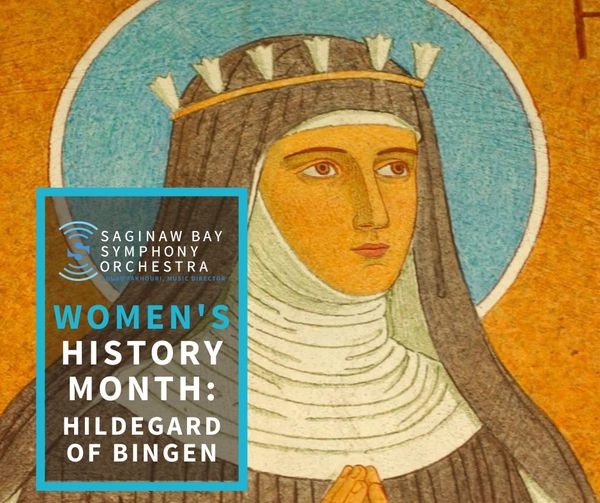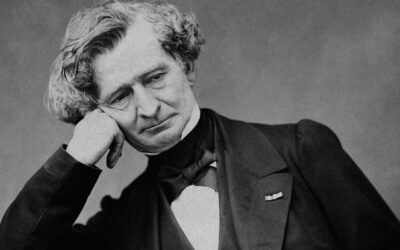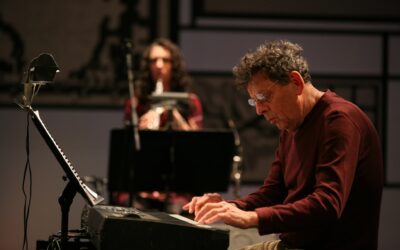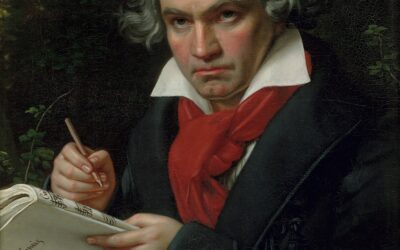Hildegard of Bingen (1098 – 1178), also known as Saint Hildegard or Sibyl of the Rhine, was a German Benedictine abbess, as well as an active writer, composer, philosopher, mystic, visionary, and medical writer and practitioner during the High Middle Ages. She is one of the best-known composers of sacred monophony music, as well as the most recorded writer of sacred monophony in all of modern history. She is considered by many in Europe to be the founder of scientific natural history in Germany.
In addition to Ordo Virtutum, HIldegard’s best-known musical work consisting of 82 songs, there are 69 surviving musical compositions written by Hildegard, each with its own poetic text. At least four other works of Hildegard’s are known, though their musical notation has been lost to history. With at least 155 known works, Hildegard has one of the largest repertoires among all known medieval composers.
Hildegard claimed that all of her music and writings came from divine visions, often claiming that God spoke to her directly. During a time when very few women were permitted a voice, much less a women’s voice of morality in condemnation of institutional corruption, Hildegard’s claim of divine intervention granted her authority to speak among her peers, and for her music and writings to be given attention worthy of her craftsmanship. Though HIldegard was vocally anti-feminist, often referring to herself as a member of the ‘weaker sex’, and an ‘unlearned woman, completely incapable of Biblical exegesis’, she used her authority and given voice to amplify the church’s condemnation of simony, a form of institutional corruption in which offices and roles of the church are sold for money.
In the 16th century, her name was taken up in Roman Martyrology. Her feast is the 17th of September. Numerous popes have referred to Hildegard as a saint, including Pope John Paul II, and Pope Benedict XVI, who in May of 2012, extended the veneration of Saint Hildegard to the entire Catholic Church in a process known as “equivalent canonization.” By October, she was named a Doctor of the Church.
Today, she is considered to be one of the best musical composers of the Middle Ages. Her work in holistic healing and mysticism have made her a highly celebrated figure within new age mysticism and herbal medicine. She has been the subject of documentaries, novels, art, and even a broadway musical. There is a ‘minor planet’, too small to be considered a planet but too large to be considered a comet, located in the central asteroid belt named 898 Hildegard – after Hildegard of Bingen.
![SBSO Full Logo (color) fullwhite[Converted]](https://www.saginawbayorchestra.com/wp-content/uploads/2022/01/SBSO-Full-Logo-color-fullwhiteConverted.png)










